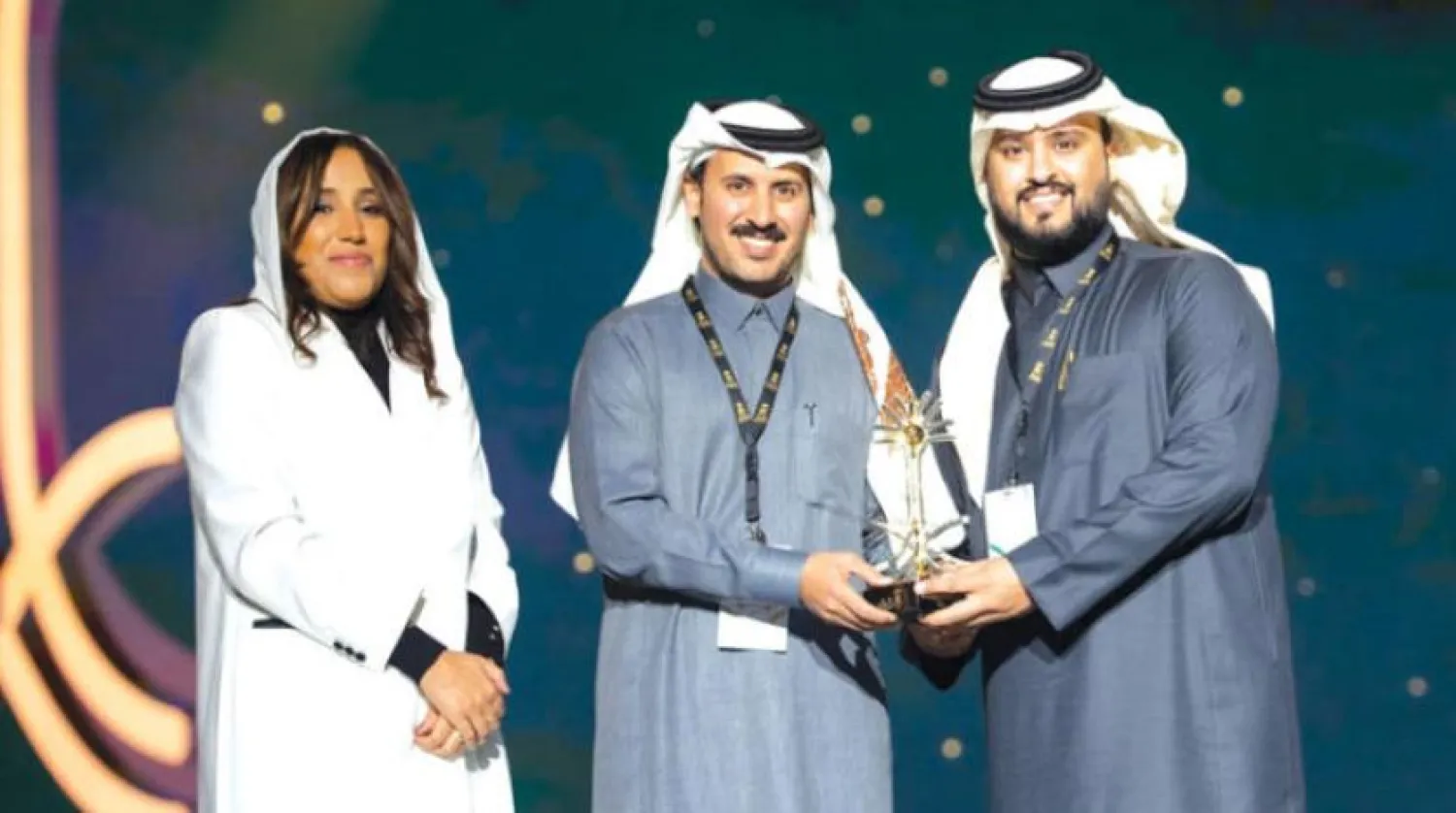In partnership with the Saudi Tourism Commission, the Saudi Ministry of Media, represented by the Government Communication Center, celebrated the winners at the 3rd edition of the Media Excellence Award for national day 2022.
Acting Minister of Media Dr. Majid Al-Qasabi announced the expansion of the forthcoming edition of the award, which will become an annual event known as the “Media Excellence Award”. It will celebrate the national creative works throughout the year, and allow the participation of more creators from across Saudi Arabia.
This year’s event saw 30 finalists out of 1,000 participants compete for prizes in nine media categories.
The best media campaign prize was awarded to the Local Content and Government Procurement Authority; the best photograph prize went to photographer Hamad al-Okaili for his photo “Falcon and the Falcons”; and the best video from the private sector prize went to the Half Million company.
The Prince Mohammed bin Salman bin Abdulaziz Foundation (MiSK) won the best video from the non-profit sector prize for its production “Watan Hader Lak”.
Social media influencer Thawab Alsubaie won the best creative work in the social media for individuals prize.
The Riyadh Newspaper bagged the best media coverage prize for its production “Riyadh Capital of the Universe…History was Made Here.”
The Saudi Broadcasting Authority won the best TV production for its documentary “The Saudi Ardah”. The best broadcast and podcast prize went to the “Qafilah Podcast” for its episode “Flag…Symbol of Pride and Honor”.
Aramco’s “Ithra” initiative won the best national song prize for its song “We Sing for our Home Country”.
The tourism film prize went to the Tourism Development Fund for its production “People of Tourism”.
This year’s edition of the Media Excellence Award for national day dedicated a special tribute to figures who had major contributions in media and culture in Saudi Arabia. The honored personalities are composer of the national anthem, late poet Ibrahim Khafaji; singer Mohammed Abdu; photographer Bandar Al-Jaloud; and French photographer Tchékof Minosa.









